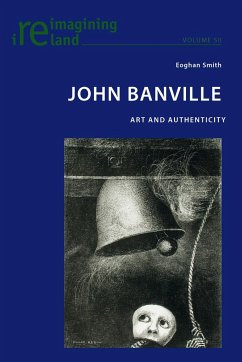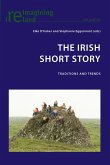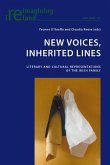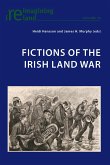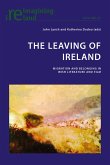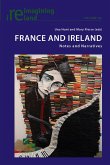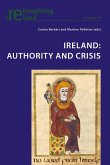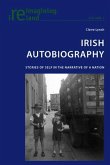This study explores the fiction of John Banville within a variety of cultural, political, ethical and philosophical contexts. Through thematic readings of the novels, Eoghan Smith examines the complexity of Banville's view of the artwork and explores the novelist's attraction and resistance to forms of authenticity, whether aesthetic, existential or ideological.
Emphasizing in particular the influence of Banville's major Irish modernist precursor, Samuel Beckett, this book places the local elements of his writing alongside his wide-ranging literary and philosophical interests. Highlighting the evolving nature of Banville's engagement with varieties of authenticity, it explores the art of failure and the failure of art, the power and politics of the contemporary imagination, and the ways in which this important contemporary writer continues to redefine the boundaries of Irish fiction.
Emphasizing in particular the influence of Banville's major Irish modernist precursor, Samuel Beckett, this book places the local elements of his writing alongside his wide-ranging literary and philosophical interests. Highlighting the evolving nature of Banville's engagement with varieties of authenticity, it explores the art of failure and the failure of art, the power and politics of the contemporary imagination, and the ways in which this important contemporary writer continues to redefine the boundaries of Irish fiction.

